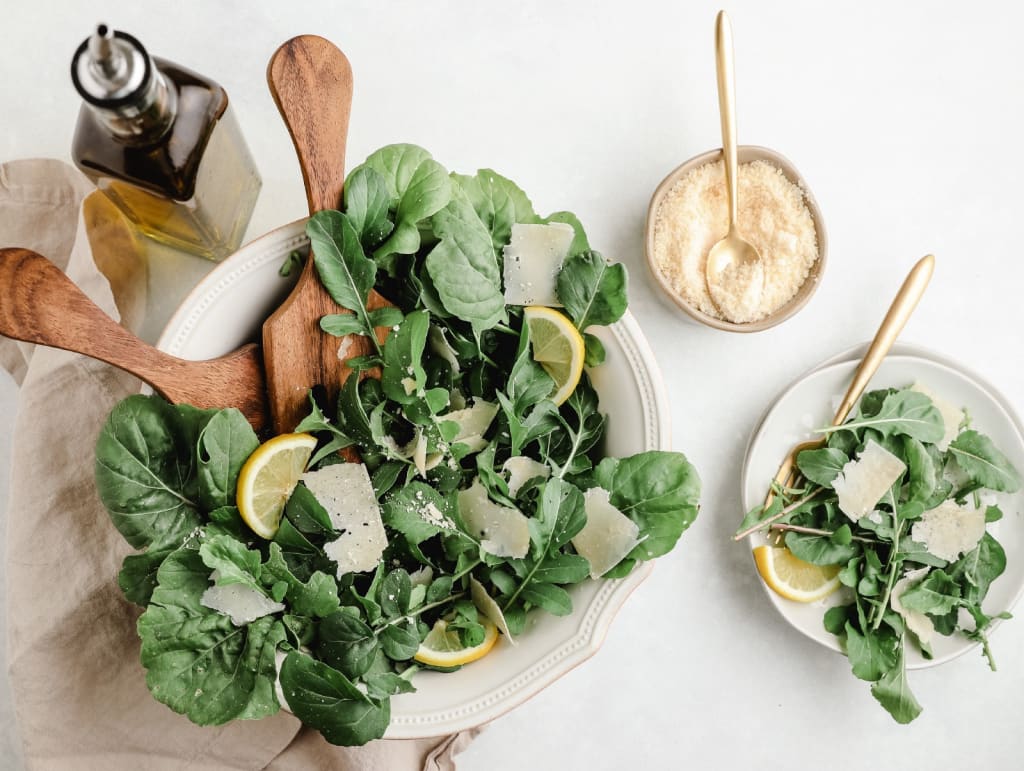
Being Greek, we have specific requirements when it comes to food.
During my last trip to Greece, I was very spoilt in my choice of fresh produce.
Salads were my daily meal of choice, and thankfully, the level of junk food was minimal (much to my daughter’s disgust).
McDonald’s and KFC aren’t available along every corner like Australia.
So I wondered if fast food joints existed in the various places I visited.
To my delight, there was only one — and small families ran all other eateries that focused on quality and health.
One ingredient that I import from Greece to Australia is olive oil.
The level of quality in Greece far surpasses anything I can find here (no offence to all the local growers).
Taste, texture and consistency are beyond superior.
Taking a freshly made and warm piece of sourdough and dipping it into olive oil was one of my favourite things (and it still is, minds you!).
According to a study published in the Journal of the American College of Cardiology, consuming more than 7 grams of olive oil (or 1/2 tablespoon) per day is associated with a lower risk of cardiovascular disease, cancer, neurodegenerative disease, and respiratory mortality.
Replacing about 10 grams per day of margarine, butter or mayonnaise and dairy fat with the equivalent amount of olive oil is associated with a lower risk of morality as well!
This is wonderful news.
Marta Guasch-Ferré, PhD, a senior research scientist at the Department of Nutrition, says, “Clinicians should be encouraging patients to replace certain fats, such as margarine and butter, with olive oil to improve their health.
Our study assists one in making specific recommendations which will be a lot easier for patients to understand and implement into their diets.”
The research used participants from the Nurses’ Health Study and the Health Professionals Follow-up Study, analysing 60,582 women and 31,801 men, free of cardiovascular disease and cancer, during 1990.
During that 28 year study, the diet was assessed by a questionnaire every four years asking how often (on an average basis) did they consume specific foods, types of fat and oils that even included the brand of oil they used during cooking.
Consumption of olive oil was calculated through; Usage in salads added to food or bread, used for baking and frying at home.
This level of detail was also applied to margarine, dairy and vegetable oil consumption.
From these findings, the researchers found that individuals who consumed olive oil were more physically active, of southern European or Mediterranean ancestry, while less likely to smoke, consuming more fruits and vegetables compared to those with lower consumption of olive oil.
Do you think culture plays a significant role in these findings?
Key takeaways
From this information, we know that a higher level of olive oil consumption is a crucial marker for a healthy diet.
We may also add that those who consume olive oil lead a relatively healthy lifestyle, consuming the right foods and being active.
Perhaps some individuals were more inclined to lead a healthy lifestyle based on their background (maybe personal choice).
A lot more research is needed to expand on these concepts further (which the study states anyway) and what effect olive oil has in protection against other cardiovascular diseases and stroke.
I, for one, don’t need research to tell me that olive oil is good for you.
Using olive oil is an inherent ancestral habit that my parents passed on to me and which I have passed over to my daughter.
Although most people have some idea of how important certain foods are — I believe certain things we eat is part of our culture.
Perhaps it’s one of the essential factors which sets us apart from other countries.
We Greeks love fresh food, seafood, wine and moments with those we love. Who could argue with that?
The research for this post is very in-depth, and I’ve only shaved a portion of it to extract the most essential and digestible parts.
Please feel free to expand on this research should you want to learn more about the effects of olive oil.
Do you use Olive oil in your diet?
If you would like to express gratitude with coffee, send the love via this link.
About the Creator
Ange Dim
My mission is to help people become the best version of themselves through nutrition, exercise and mindset. Get your dose of coaching every week here: https://anged.substack.com/subscribe






Comments
There are no comments for this story
Be the first to respond and start the conversation.